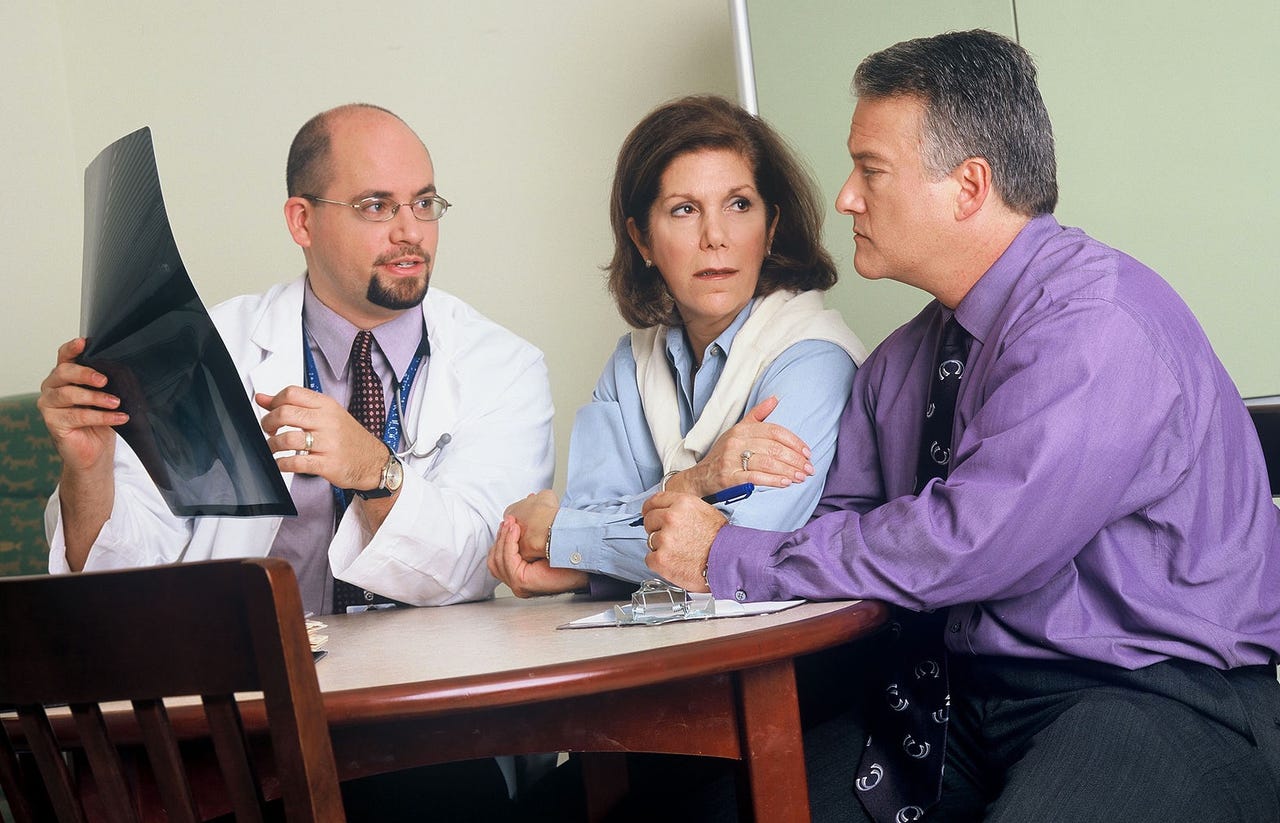NHS taps artificial intelligence to crack cancer detection


The UK's National Health Service (NHS) and Intel are working together to make cancer detection more efficient through artificial intelligence.
Last week, the University of Warwick, University Hospitals Coventry & Warwickshire NHS Trust (UHCW) alongside Intel said a new collaboration between the groups will push forward the classification of cancer cells "more efficiently and accurately through ground-breaking artificial intelligence."
A team of scientists, hosted by the University of Warwick's Tissue Image Analytics (TIA) laboratory and led by Professor Nasir Rajpoot are currently creating a digital repository of known tumor and immune cells based on thousands of human tissue cells.
This database of cancer information will then be used by algorithms to recognize these cells automatically.
Featured
While some types of cancer are more aggressive than others, time is almost always an issue.
The quicker this disease -- in whatever form -- can be diagnosed accurately, the sooner treatment can begin. In turn, this may also improve survival rates.
Professor David Snead, clinical lead for cellular pathology and director of the UHCW Centre of Excellence, said that researchers and medical professionals "have long known" that computers can analyze cells far quicker than humans, and by bringing this science into practice, this will result in better patient care in the future.
Launched in collaboration with the Alan Turing Institute, the initial research into how data analytics and how artificial intelligence can be used to create a model for cellular distinctions will primarily focus on lung cancer.
Architecture including TensorFlow, originally designed by Google, will form the basis for the AI system which will be powered by Intel Xeon processors.
"We are very excited about working with Intel under the auspices of the strategic relationship between Intel and the Alan Turing Institute," said Professor Rajpoot. "The collaboration will enable us to benefit from world-class computer science expertise at Intel with the aim of optimizing our digital pathology image analysis software pipeline and deploying some of the latest cutting-edge technologies developed in our lab for computer-assisted diagnosis and grading of cancer."
See also: New study shows how AI can improve recovery in stroke patients (TechRepublic)
Bid data, analytics, and artificial intelligence are all making headway in the medical sector whether it be for diagnosis techniques or personalized medicine -- however, it is sometimes the smallest projects which can make the most difference to patient lives.
Last month, UK-based local charity hospice Loros revealed how a new project using virtual reality headsets is giving more quality of life to end-of-life patients and those with severe mobility issues.